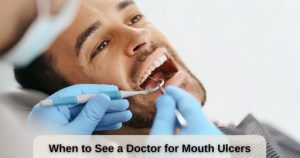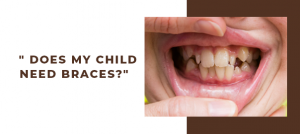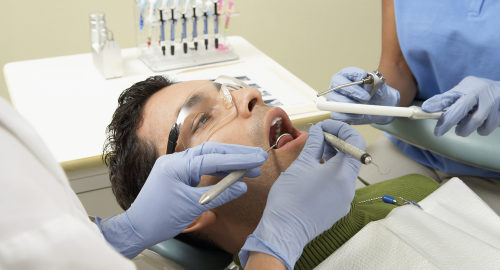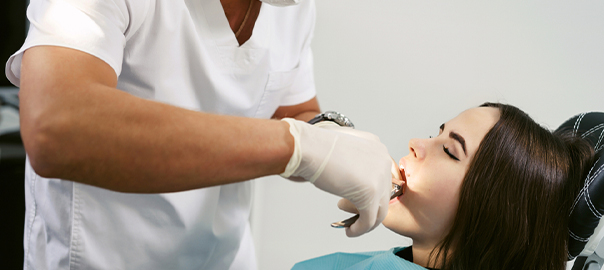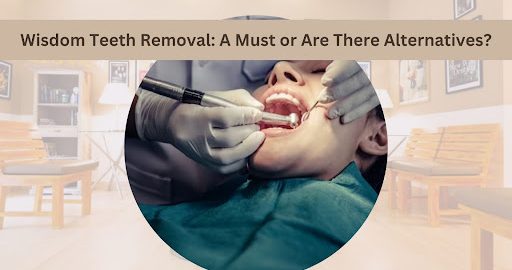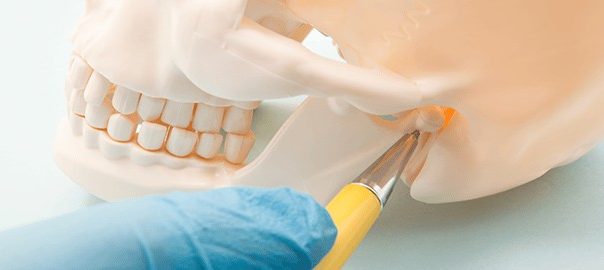
Tooth extraction aftermath: What you need to know for a speedy recovery?
Few things can be as painful and unsettling as a tooth extraction. Whether it’s a wisdom tooth that needs to be removed or a damaged tooth that can’t be salvaged, the aftermath of the procedure can be a real challenge.
However, with the right knowledge and preparation, you can minimize the discomfort and ensure a speedy recovery. From managing pain and swelling to adopting the right dietary habits, here’s what you need to know to get back on your feet after a tooth extraction.
What can I expect during tooth extraction?
Before starting the tooth extraction procedure, your dentist will administer local anesthesia to numb the affected tooth and surrounding gum tissue. They will then use specialized dental instruments to gently loosen the tooth and carefully remove it from the socket. In some cases, if the tooth is severely decayed or broken off at the gum line, your dentist may need to make incisions in your gums to access it.
After the tooth has been removed, the area will be cleaned and disinfected. If necessary, they may also place a dental bone graft to prevent bone loss in the jaw. Lastly, stitches may be used to aid in the healing process.
What can I expect after the extraction?
After the tooth extraction surgery, you may experience some pain, swelling, and bleeding. The amount of pain and swelling varies from person to person, and it depends on the complexity of the extraction.
The dentist will cover the extraction site with gauze and instruct you to apply firm and consistent pressure by closing your teeth. This will help to slow down bleeding, allowing a blood clot to form, which is a natural part of the healing process and helps prevent dry sockets.
Tooth Extraction Aftercare
After a tooth extraction, it’s important to take proper care of the extraction site to prevent infection and promote healing. Here are some general aftercare instructions to follow:
- Bite down on a gauze pad placed over the extraction site to help stop bleeding. Keep the gauze in place for at least 30-45 minutes.
- Avoid touching the extraction site with your tongue or fingers, and do not rinse your mouth for at least 24 hours after the extraction.
- Apply an ice pack to your cheek for 10 minutes at a time to help reduce swelling.
- Avoid smoking, drinking through a straw, or consuming hot liquids or alcohol for at least 48 hours after the extraction.
- Take any prescribed medication as directed, or over-the-counter pain medication such as ibuprofen or acetaminophen if recommended by your dentist.
- Eat soft foods, and avoid crunchy, chewy, or spicy foods for at least 24 hours after the extraction.
- Brush your teeth carefully, but avoid the extraction site.
Are there diet restrictions after surgery?
Yes, there are some diet restrictions after tooth extraction surgery, including:
- For the first few days after surgery, stick to soft, cool foods like soup, ice cream, khichdi, dalia etc.
- Avoid hard and crunchy foods like chips, nuts, and popcorn, as they can irritate the extraction site.
- You should also avoid hot and spicy foods, as they can increase pain and swelling.
- Drink plenty of fluids, but avoid using a straw for at least 24 hours after surgery, as the sucking motion can dislodge the blood clot and delay the healing process.
How do I manage pain after surgery?
Pain is common after tooth extraction surgery, but you can manage it with medications. Your dentist will prescribe painkillers and antibiotics, which you should take as directed. Applying an ice pack to your cheek for 10-20 minutes at a time can also help reduce pain and swelling.
When should I call my doctor?
You should call your dentist if you experience any of the following symptoms:
- Severe pain that doesn’t go away with painkillers.
- Excessive bleeding that doesn’t stop with gauze.
- Signs of infection, such as fever, chills, or pus in the extraction site.
- Numbness or loss of sensation in your mouth.
- Difficulty breathing or swallowing.
In conclusion, tooth extraction surgery can be a daunting experience, but with the right post-operative care, you can have a speedy recovery and continue going back to your work. Follow your dentist’s post-operative instructions, stick to a soft diet, manage your pain with painkillers, and call your dentist if you experience any unusual symptoms. Remember, a speedy recovery is possible, and you’ll be back to your normal self in no time!
Leave a Reply
Leave a Reply







